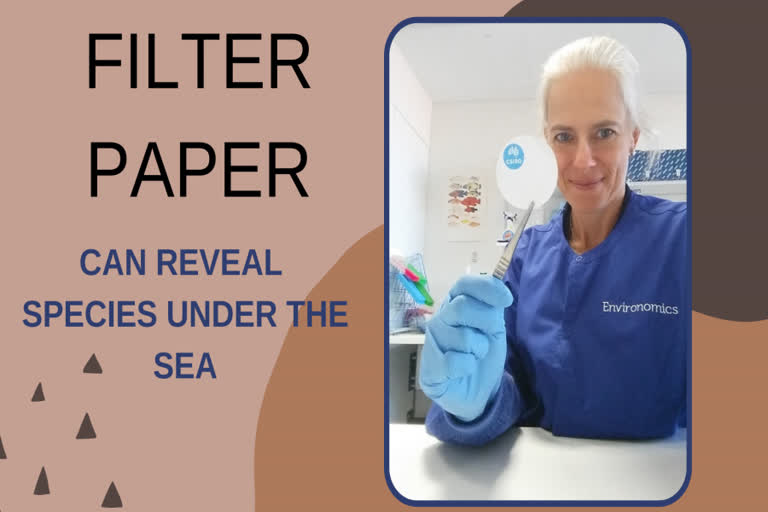CSIRO, Australia: The study detected eDNA (environmental DNA), which is shed by plants and animals in aquatic environments, leaving behind unique traces from each species.
Until now, collecting eDNA was time-consuming, requiring pumps and other equipment to filter seawater samples.
The discovery means suspending cellulose filter papers in seawater could be a low-tech way to survey the fish species present on reefs, monitor biodiversity in Australia's remote Marine Parks or provide early warning of biosecurity pests.
Dr. Cindy Bessey is a marine scientist with CSIRO’s Environomics Future Science Platform.
"Our new method means it is no longer necessary to filter seawater to collect eDNA, saving time and opening up the technology for use in places where access to equipment or power is limited," Dr Bessey said.
eDNA is recognized as a humane alternative to trawling, and safer than using divers, to detect species and assess biodiversity.
Passive eDNA collection using filter papers enables more samples to be collected, increasing the range of ecological questions that eDNA can address.
"Many studies investigating biodiversity or species distribution require more samples than it's possible to collect if you need to filter eDNA from water," Dr. Bessey said.
Dr. Bessey's inventive use of filter papers was inspired by spending many hours at sea in a small dinghy with a water filter strapped to her back.
